So, what are the facts about Jesus? Here are sixteen of them. At the end I describe my sources.
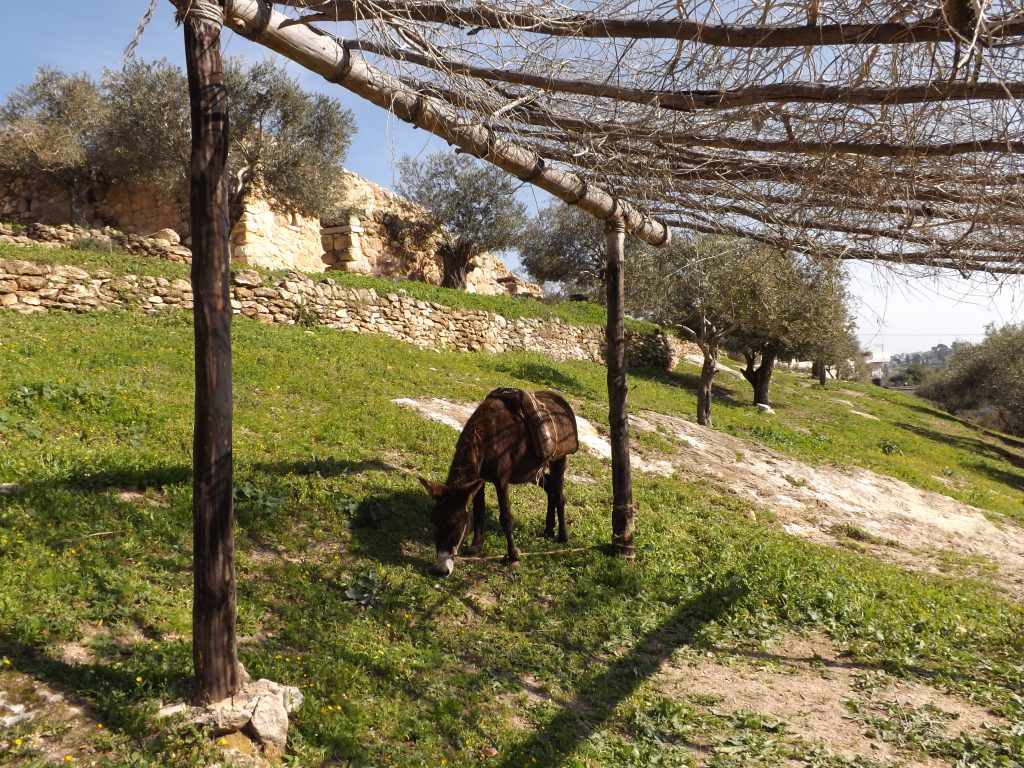
Fact 1 Early Years
He was born. He was brought up in Nazareth, an out-of-the-way village five miles from the bustling city of Sepphoris in Galilee, northern Israel. In Nazareth most people lived in caves or in houses built above caves. As Nathanael said later “Can anything good come out of Nazareth? “
(Only Luke and Matthew tell us that he was born in Bethlehem. The jury is out on this).
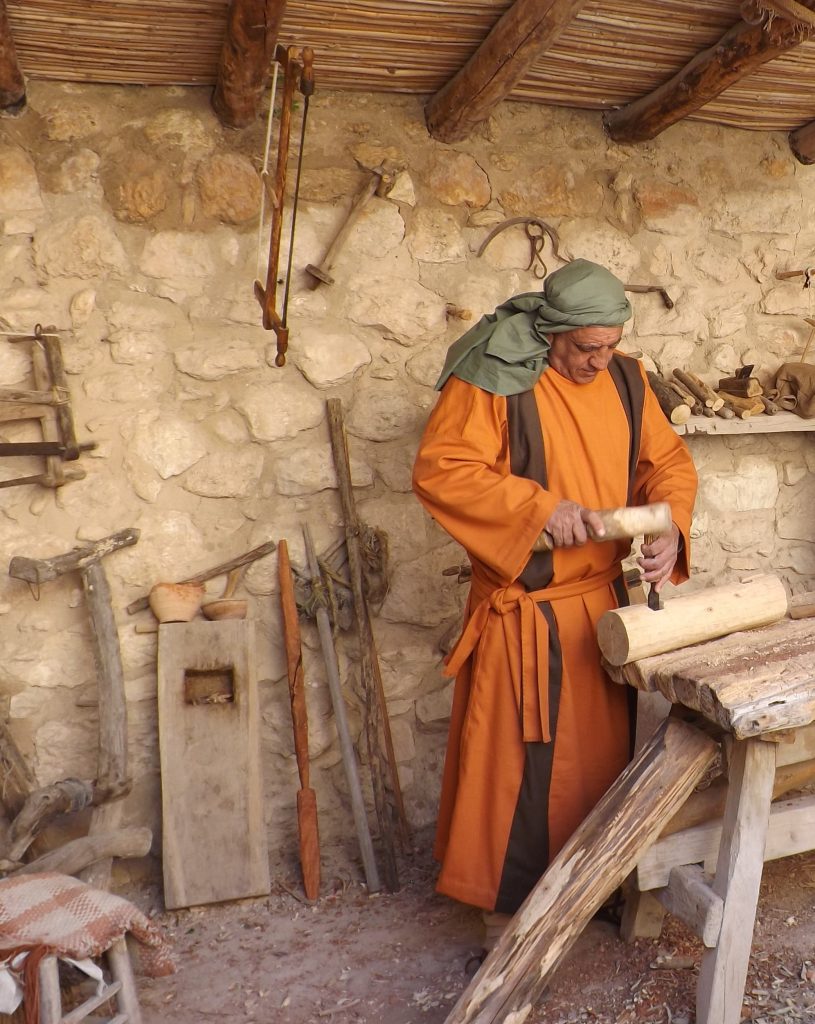
Fact 2 Work
Up to his early thirties he was a carpenter. The Greek word ‘tekton’ means a general craftsman and could include working in stone and metal. As far as we know, he was not married.
Fact 3 Being Jewish
He was Jewish and spoke Aramaic. In fact his name was actually Yeshua, known as Yeshua Ish Natzeret or Yeshua bar Maryam or Yeshua bar Yusef. He was a practising Jew and was steeped in ‘the Law and the Prophets’, which Christians call ‘the Old Testament’ and which Jews today called ‘the Tanakh’, short for ‘ Law, Prophets, Writings’.
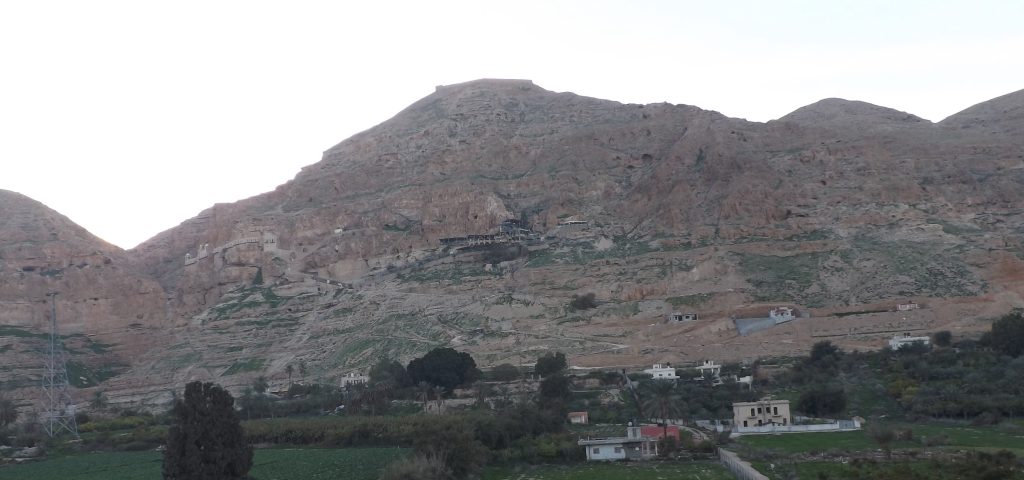
Fact 4 Baptism
He was baptised by John, a brand-new prophet, in the river Jordan. Normally Jews only baptised Gentiles. By offering baptism to Jews, John was effectively excommunicating the entire nation! Yeshua clearly aligned himself with this radical judgement.
Fact 5 In the wilderness
He spent a period in the rocky Judaean desert, presumably praying and considering his call. He continued his practice of solitary prayer from then on.
Fact 6 The Lord’s Prayer
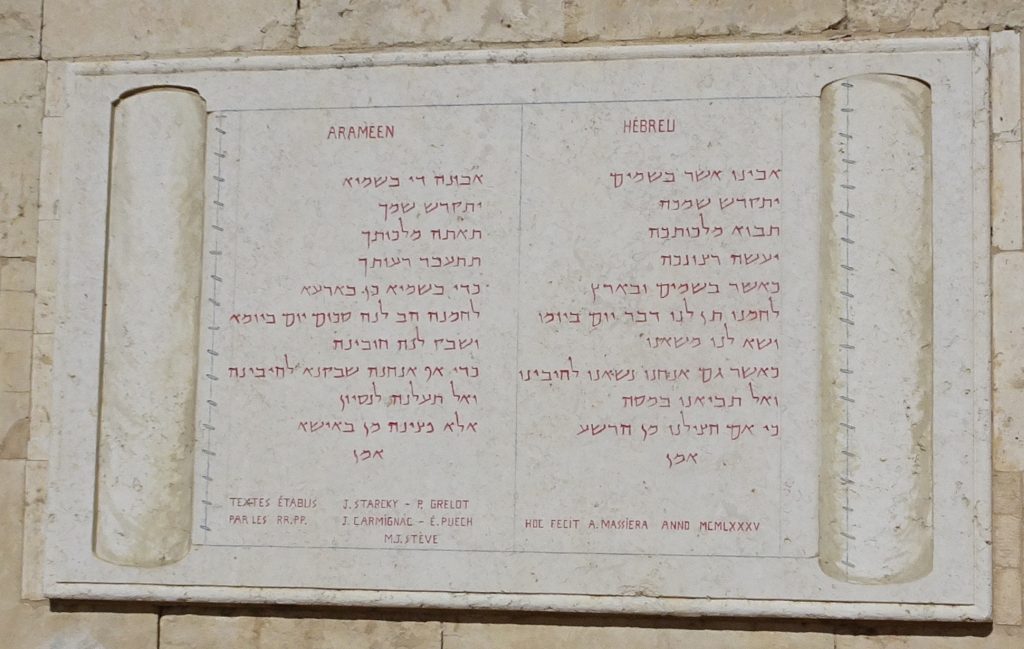
He preached around the villages of Galilee, saying, “The time is fulfilled, and the kingdom of God has come near; repent, and believe in the good news.” The core of his message is in the Lord’s Prayer, Luke 11.2-4. God is Father His kingly reign is coming. We are dependent on him for our needs. We need to forgive. A time of evil and distress is coming.
Fact 7 His stories
He told marvellous stories: the Good Samaritan, the Prodigal Son, the Pharisee & the Tax Collector, etc.
Fact 8 Healings
People around him got healed. Prayer for healing was common in the ancient world, including among the disciples of the Pharisees. What was unusual about Jesus was that he did not pray. Indeed, he often didn’t say anything. He seemed to carry healing around with him like an infection. See Mark 5.29, Luke 7.10, John 5.50. What he typically did say was, “Your faith has healed you.”
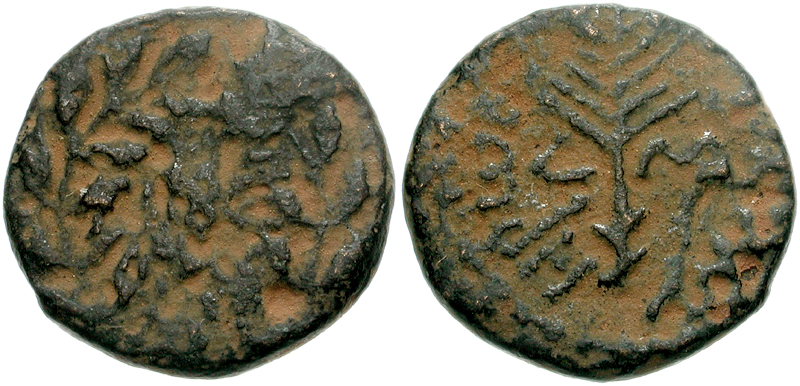
Fact 9 Money
He had a radical attitude to money: “Blessed are you poor… Woe to you who are rich…”. (Luke 6.20, 24). And to family: “Who are my mother and brothers? Whoever does the will of God is my brother and sister and mother.” (Mark 3.35)
Fact 10 Going downmarket
He enjoyed the company of the disreputable. His reputation was that of being “a glutton and a drunkard, a friend of tax collectors and sinners”. (Luke 7.34). And he gave the good religious folk a hard time. As the saying goes, he comforted the disturbed and disturbed the comfortable.
Fact 11 Unpredictable
He had unpredictable reactions. He welcomed children and women. When he was told about the worst loan shark in Jericho, he invited himself to the man’s house for the weekend simply because the latter had climbed a tree to see him.
Fact 12 At the Temple
He ended his career by going to the great Temple in Jerusalem, throwing out the money changers and animal dealers from the enormous Outer Court, the Court of the Gentiles. But he also stopped traders using it as a short cut to the eastern gate (Mark 11.16). How? Surely only by posting enough of his supporters at each of the gateway to outnumber the Temple police. In other words, it was not a demonstration, it was an occupation. No wonder the authorities wanted to get rid of him.
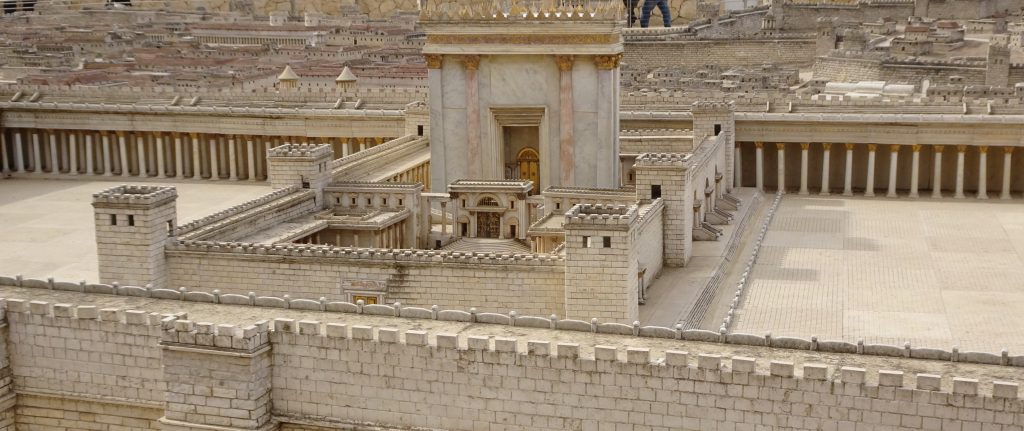
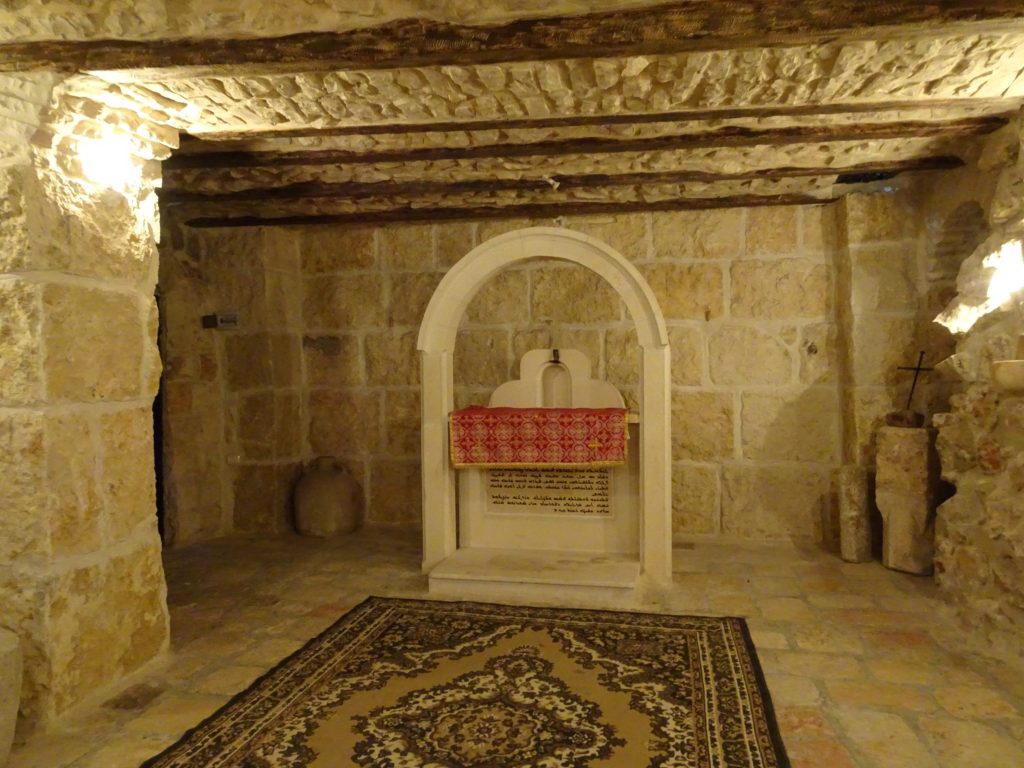
Fact 13 The coming future
He shared the common Jewish belief that God’s kingly rule was about to come but that it would be preceded by a time of tribulation and distress.
Fact 14 Bread and wine
On the last evening of his life he had a solemn meal with his twelve closest followers. During it he shared bread round with the words, “This is my body”, and then shared wine with the words, “This is the new covenant in my blood; do this to remember me”. (1 Corinthians 11.24-25)
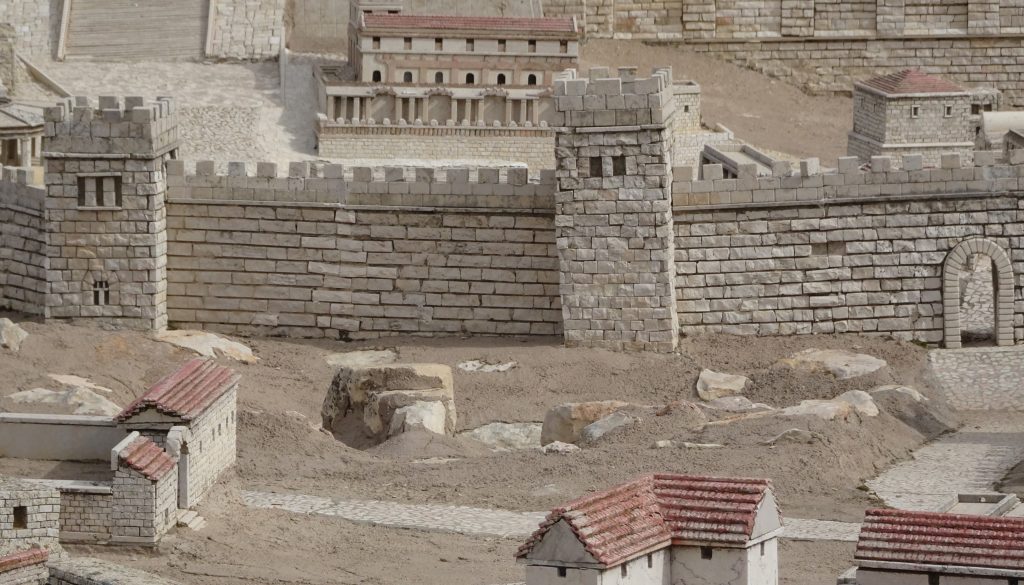
Fact 15 Crucifixion
He was crucified by the Roman authorities, at the instigation of the Jewish authorities; a slow agonising death lasting six hours. At the end he cried “My God, my God, why have you forsaken me?” (Psalm 22.1)
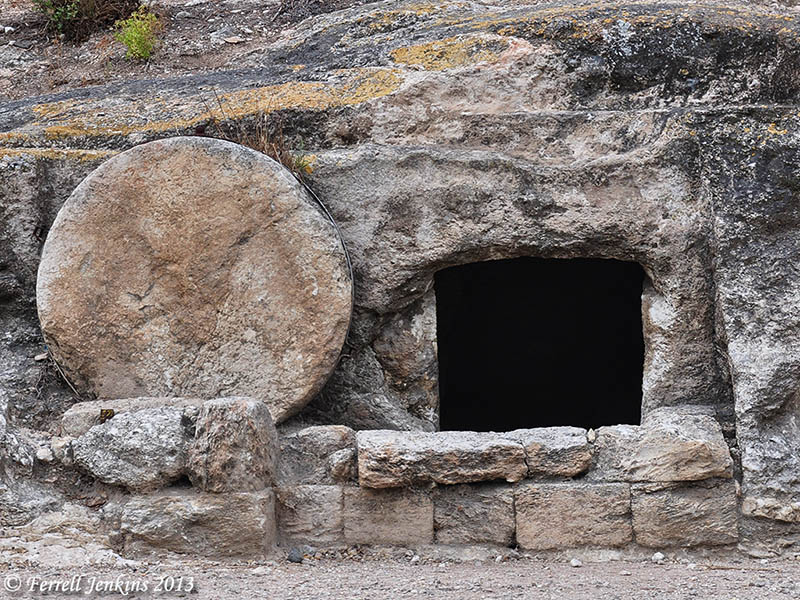
Fact 16 Thirty six hours later the rock tomb where his body had been laid was empty. A mysterious young man in white told a group of Yeshua’s women followers, “He is not here, he has risen.” (Mark 16.6)
These are the main facts about Jesus/Yeshua. The rest is history.
A QUESTION
In view of the Yeshua detailed above, how accurate is the common description of him as ‘a great moral teacher’? Or was he something stranger?
THE SOURCES
There are five sources for the life of Jesus. Here they are in rough order of reliability:
Paul’s first letter to the Christians in Corinth. Paul wrote this in 56 AD. It has crucial evidence for the Last Supper and the Resurrection. (Chapters 11 and 15)
Mark. Used by both Luke and Matthew so pre-dating both. Mark was probably written by Mark, the young man almost arrested at Gethsemane by the soldiers who arrested Yeshua. (Mark 14.51-52). The most vivid of the gospels, with many apparently first-hand details. Mark was the companion of Paul and later Peter.
Luke. A reliable second-hand account. I say this because he transmits Mark responsibly without trying to manipulate the evidence, unlike Matthew. Luke should be taken seriously but not uncritically. I think he collected his material between 59 and 62 AD while Paul was in prison in Caesarea.
John. I now think that John was a Jerusalem disciple and a first-hand witness, but writing in the manner of a Greek historian working up ‘factional’ dialogues, rather as Plato did for Socrates.
Matthew. Matthew is a superb organiser, the Sermon on the Mount is a masterpiece. However, I don’t trust him , because he editorialises to bolster Jesus’ reputation as son of God, and he idoesn’t always stick to the facts about Jesus. (Kind theologians call it ‘midrash’. I call it messing with the evidence). I don’t use him much.
JOIN THE DISCUSSION
At 8.00pm on Wednesday 19th October
there will be an open discussion on ‘Jesus – the Facts’ on Zoom
See eventbrite: https://www.eventbrite.co.uk/e/jesus-the-facts-a-hard-nosed-look-at-the-evidence-tickets-429134210977
